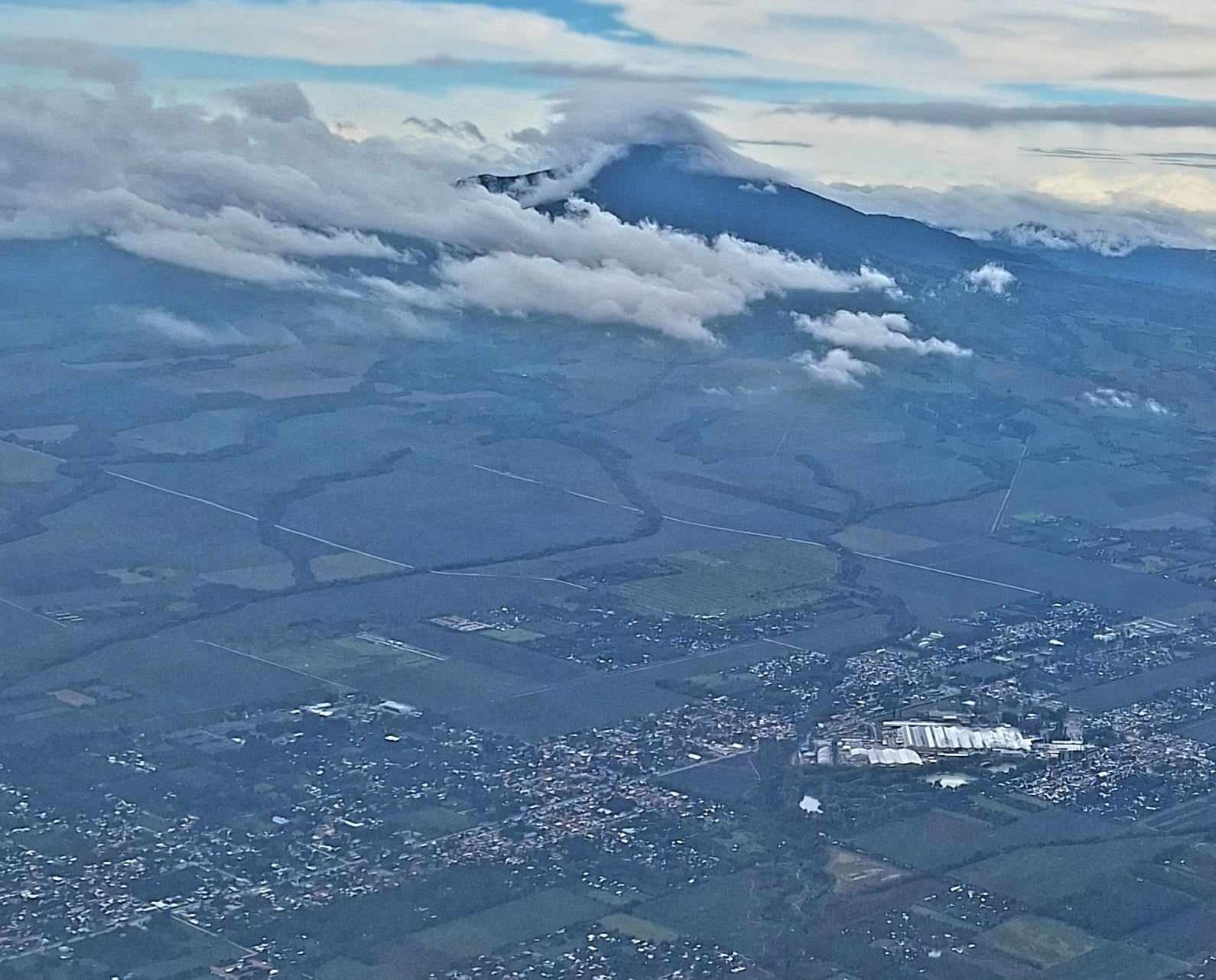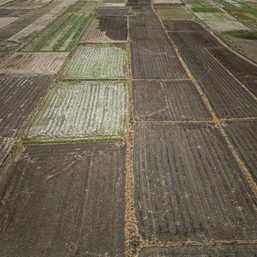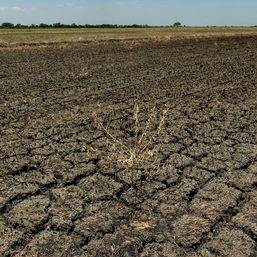SUMMARY
This is AI generated summarization, which may have errors. For context, always refer to the full article.

GENERAL SANTOS, Philippines – Provincial legislators on Friday, April 26, placed South Cotabato under a state of calamity due to the destruction caused by the prolonged dry weather conditions and declining water sources.
On the same day, the Koronadal City Disaster Risk Reduction and Management Council (CDRRMC) recommended the declaration of state of calamity in South Cotabato’s capital.
Three towns in the province were earlier placed under a state of calamity – Surallah on April 15, Tboli on April 22, and Banga on April 17.
South Cotabato is the second of the four provinces in the Soccsksargen to be placed under a state of calamity. On April 15, the Sultan Kudarat provincial legislative board declared a state of calamity in the entire province as being in a state of calamity.
The South Cotabato Provincial Disaster Risk Reduction and Management Office (PDRRMO) reported on Thursday, April 24, that their initial assessment has shown damages to agricultural crops, livestock and infrastructure, amounting to more than P200 million.
At least five towns were deemed hardest hit by the prolonged drought. These towns include the three that are already in a state of calamity and the towns of Tantangan and Norala, which have not been declared as under a state of calamity as of this posting, contrary to local media reports.
PDRRMO head Rolly Doane Aquino said the prolonged dry weather and intense heat induced by the El Niño phenomenon damaged at least P157 million worth of crops, mostly corn valued at least P124-million.
The report also said that rice production was affected with losses placed at P16 million, while damage to other high-value crops was at P14 million. Damage to livestock was at P6 million.
Aquino said several incidents of wildfires in the province have also incurred P38 million in losses.
The El Niño-induced dry weather the past weeks affected close to 3,000 South Cotabato farmers, said Vice Governor Arthur Pingoy, citing reports from the Office of the Provincial Agriculturist.
Pingoy said damage to corn crops affected mostly farmers in the towns of Tboli and Lake Sebu, while rice fields in Surallah town took the brunt of the harsh weather.
Agriculture officials earlier reported that irrigation dams in the province have been drying up due to the intense heat made worse by having less rainfall the past weeks.
There is a noted decline in the level of the Allah River that traverses the towns of Tboli, Surallah, Sto. Niño, and Norala towards the Sultan Kudarat towns of Isulan and Esperanza and drains to the Ligawasan Marsh.
Surallah Mayor Pedro Matinong said their town suffered losses amounting to P71.8 million.
The prolonged dry spell affected about a thousand hectares of farmlands and displaced more than a thousand farmers, the mayor said. He said nine villages in his town have earlier declared a state of calamity after farmlands sustained damages from the effects of intense heat and less rainfall.
In declaring a state of calamity in the town of Banga, Vice Mayor Gemma Lloren said the severe dry conditions in the town have caused widespread damage to crops, mainly corn and rice.
Citing reports of the Municipal Disaster Risk Reduction and Management Office, Lloren said damage to corn farms was more than P30.6 million, affecting at least a thousand hectares. At least 144 hectares of rice fields have been affected, valued at about P5.2 million.
Banga town also incurred losses in 253 hectares of high value crops worth P75.8 million and P2.6 million in aquaculture, the official said
In the town of Tboli, the long drought caused wells and other water sources to dry up, affecting agricultural crops and livestock valued at least P63 million. – Rappler.com
Add a comment
How does this make you feel?














There are no comments yet. Add your comment to start the conversation.